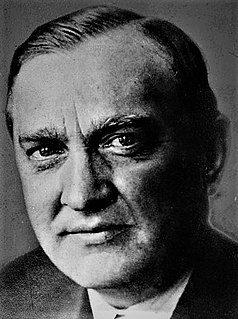A Quote by Winston Churchill
Apt analogies are among the most formidable weapons of the rhetorician.
Related Quotes
Learning what it is to be among other human beings includes learning that they can be different from us as well as similar. We imagine what it would be like to experience the world differently from their locations, nor our own. We might still use analogies to understand others, but analogies point to similarities that co-exist with differences. Similar in some respects is consistent with different in other respects.
What is the only provocation that could bring about the use of nuclear weapons? Nuclear weapons. What is the priority target for nuclear weapons? Nuclear weapons. What is the only established defense against nuclear weapons? Nuclear weapons. How do we prevent the use of nuclear weapons? By threatening to use nuclear weapons. And we can't get rid of nuclear weapons, because of nuclear weapons. The intransigence, it seems, is a function of the weapons themselves.
In history, in most cultures, and at most points in time, if you want to find the most advanced technologies, you can look principally in two places. One is weapons and the other is musical instruments. My hypothesis is that instruments are usually ahead of weapons. In fact, I think you can find many examples of instruments being predecessors of weapons and very few in the reverse.
For the three decades after WWII, incomes grew at about 3 percent a year for people up and down the income ladder, but since then most income growth has occurred among the top quintile. And among that group, most of the income growth has occurred among the top 5 percent. The pattern repeats itself all the way up. Most of the growth among the top 5 percent has been among the top 1 percent, and most of the growth among that group has been among the top one-tenth of one percent.








































